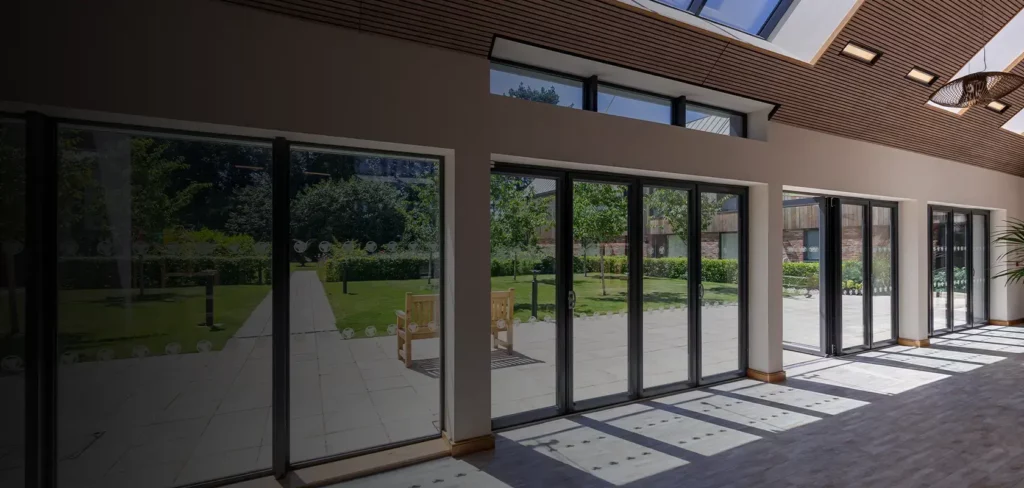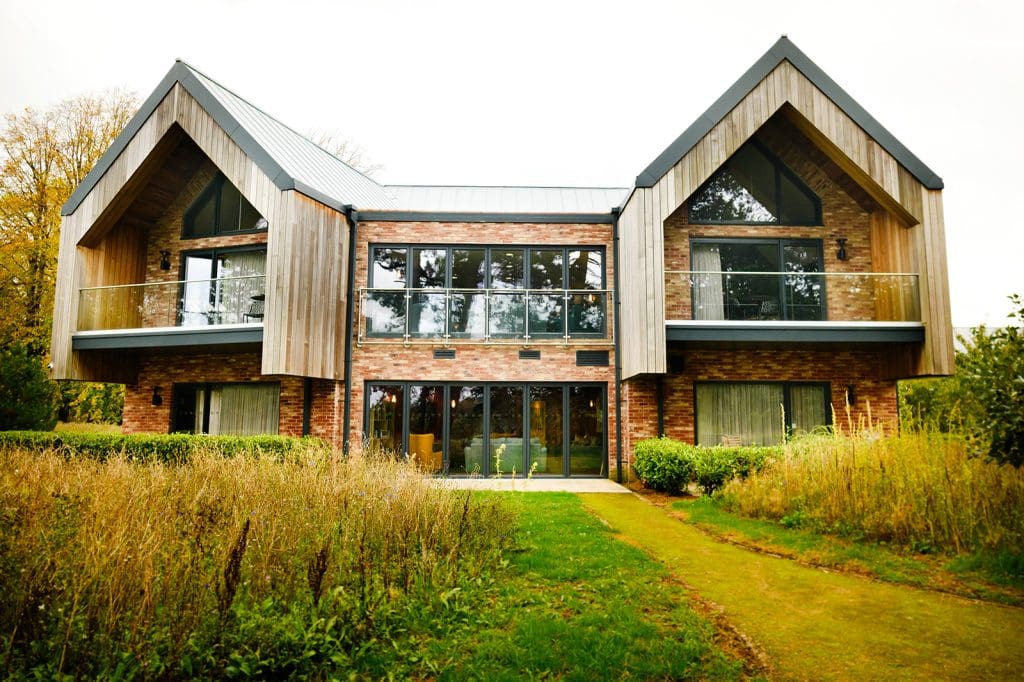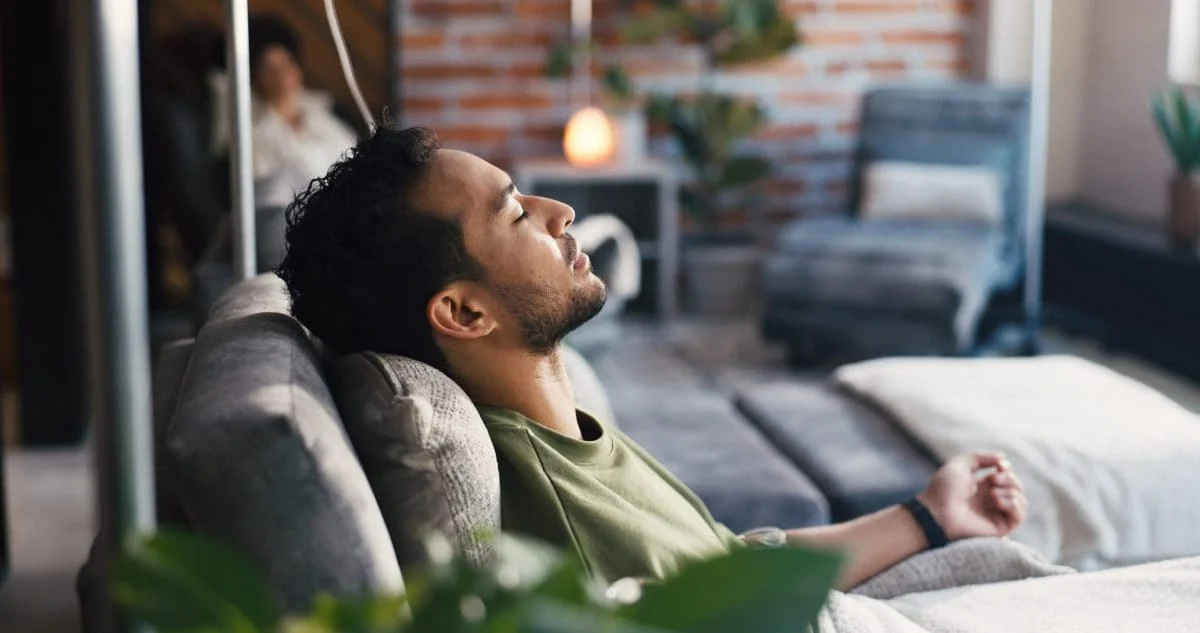“My own journey through addiction was the inspiration for Delamere. We provide exemplary care in first-class facilities, focusing on creating lasting outcomes for our guests and their families. Helping them not just overcome their addiction, but grow beyond it.”
Benzodiazepine Addiction
At Delamere, we offer benzodiazepine addiction treatment at our discreet, luxury,
private rehab centre in rural Cheshire to help you or a loved one grow from addiction.


Help for Benzodiazepine Addiction at Delamere
Also known as ‘benzos’, benzodiazepines are psychoactive drugs that are frequently prescribed to treat anxiety, panic disorders, insomnia, and seizures. They are classed as ‘depressants’, which means they work by slowing down the central nervous system, having a calming and sedative effect on the user.
At Delamere, our team of experts has extensive experience treating benzodiazepine addiction.
We help guests recover using evidence-based techniques at our clinic in Cheshire. We can support our guests with a medically supervised benzodiazepine detox to reduce the physical and psychological cravings for benzodiazepines.
Recovery Mentors at Delamere
“Delamere focuses on equipping you with the tools to love sobriety and understand what led to the addiction in the first place which really helped me grow.” – Former Delamere guest
View Our Treatment Model View our Environment Call now: 0330 111 2015
When to seek benzodiazepines addiction treatment
People typically seek addiction help within a benzodiazepine rehab when they have become both physically and psychologically dependent on the drug. Signs of benzodiazepine addiction tend not to be as obvious as an alcohol or drug addiction, however recognising them in yourself or someone you care for can lead to getting help with life-saving treatment.
Some common signs of a benzodiazepine addiction include:
- Slurred speech.
- Drowsiness and dizziness.
- Loss of appetite.
- Lack of coordination.
- Slow reflexes.
- Confusion.
Benzodiazepine rehab at Delamere offers anyone with an unhealthy or dependent relationship with the substance a chance at long-term recovery.


The Delamere approach to benzodiazepine addiction treatment
An inpatient stay at Delamere is a deliberately intensive 4-phase benzodiazepine addiction treatment, one which we have crafted over time and has helped many participants recover. Our emphasis is on holistic care to treat addiction and associated issues. This means that we treat the whole person rather than just the symptoms they present with. We believe that successful treatment runs far deeper than simply stopping the addictive substance or behaviour.
Our approach at Delamere comprises 4 core phases: Stop, Start, Grow, & Bloom. Everything we offer at Delamere aims at effective and lasting outcomes in addiction treatment:
How do I help a loved one in denial about their benzodiazepine addiction?
Denial often occurs when benzodiazepine addiction has become a problem. If you are looking for help for a friend, working with someone, or living alongside someone who is displaying symptoms of benzodiazepine addiction, we’re here to help. At Delamere, we provide family support services, helping your loved one confront addiction as well as intervention services with programmes that offer structured support to help you encourage a loved one to seek benzodiazepine addiction treatment. We have vast experience in motivating and encouraging people in denial to accept help.
If you are considering organising an intervention for someone you care for, contact Delamere today.
Frequently asked questions about benzodiazepine addiction
Long-term, high-dose use of benzodiazepines has been associated with a wide range of negative health consequences including severe mental health disorders which make it difficult for abusers to avoid relapse. Cognitive decline, dementia, and falls are also common in older people.
There are different approaches to treating benzodiazepine addiction depending on the severity of abuse, but both require the person to want help. Initial stabilisation through a medically supervised detox, followed by maintenance therapy and supportive rehab aftercare services is a proven way to treat benzodiazepine addiction and offers long-term results.
Let us help you today
Start your recovery journey by contacting us today.
Confidential. Straightforward. Friendly.
Help and Support for Benzodiazepine Addiction Recovery
-
Benzodiazepine Rehab
Learn more about our approach to benzodiazepine rehab. Visit Benzodiazepine Rehab
-
Benzodiazepine Detox
Learn more about our approach to benzodiazepine detox. Visit Benzodiazepine Detox
Discover more advice on the Delamere blog
For more help see the NHS guidelines on getting help with a drug addiction.
-
Librium detox: A guide to withdrawal and recovery
Read our guide to withdrawal & recovery of librium. We discuss the addictive potential & when a Librium detox may be required.
-
Key signs to look out for that put you at risk of pill addiction
At the beginning of this year, Adam Collard opened up about his painkiller addiction. We've pulled together risks to look out for.
-
Signs of prescription drug dependency
Long-term dependency on prescription drugs can lead to a wide range of health complications, find out more at Delamere.
-
5 signs someone has a painkiller addiction
Delamere’s holistic therapists discuss Valium addiction and its impact with advice on how to get help.






















